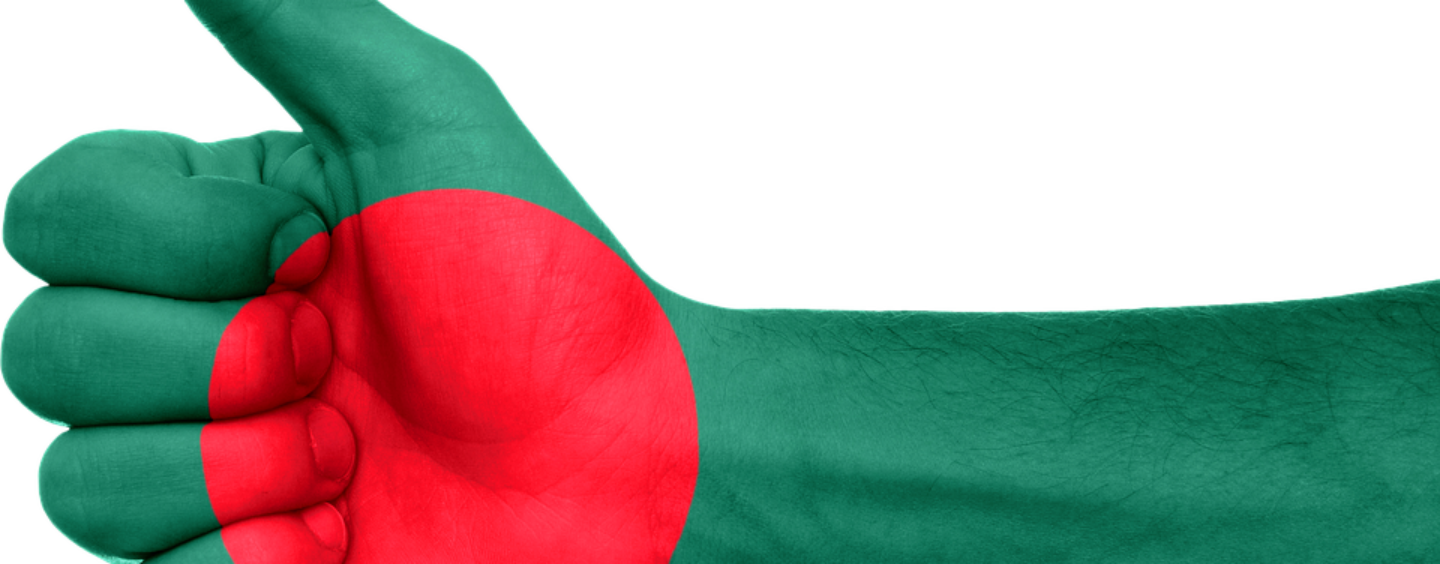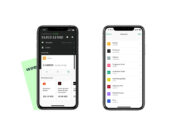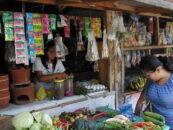Bangladesh’s undeveloped financial system, huge unbanked population, and increasing smartphone penetration rate, have fueled the development of innovative digital finance solutions.

Image credit: Pallabi, Mirpur, Dhaka, Bangladesh, via Wikipedia
Home to 160 million people, Bangladesh is the world’s eighth densely populated country and one of the top performing economies in Asia, averaging an annual growth of more than 6%, according to the World Economic Forum.
Bangladesh’s startup sector is at a nascent stage but evolving rapidly with several accelerators, incubators, startup events and some state sponsored programs being introduced in recent years.
Increasing mobile phone penetration has played a key role in stirring the startup scene. With 131.1 million mobile subscribers and 50 million Internet users as on February 2016, the mobile phone has emerged as a strong medium to do many other business activities besides interaction and communication.
Mobile technology to improve financial inclusion
Bangladesh has an extremely low banking penetration rate with over 70% of its population having no bank account. The traditional banking sector is lacking adequate technology to reach the pool and only serves 17% to 36% adults.
Financial inclusion has been a key concern in Bangladesh and experts believe that fintech and digital finance have the potential to play a fundamental role in bringing basic banking and financial services to the masses.
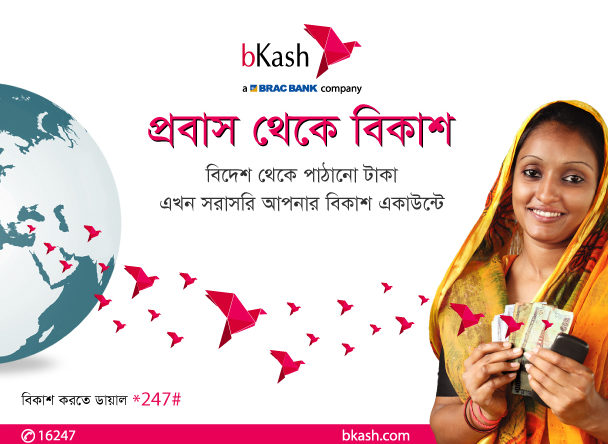 bKash, Bangladesh’s leading mobile financial services company with a 80% market share, has grown from leaps and bounds since 2011. The company provides mobile financial services including payments and money transfers services in Bangladesh. Upon registration, bKash users receive a mobile wallet.
bKash, Bangladesh’s leading mobile financial services company with a 80% market share, has grown from leaps and bounds since 2011. The company provides mobile financial services including payments and money transfers services in Bangladesh. Upon registration, bKash users receive a mobile wallet.
bKash has a large agent network of over 9,000 retail points where users can deposit money into their accounts, receive disbursements, including salaries, loans and domestic remittances, cash out, and perform peer-to-peer transactions.
The service is used by over 17 million Bangladeshis and handles more than 70 million transactions a day, according to the company.
Another leading mobile wallet company is DBBL, which allows customers to manage their finances on their mobile phones.
SureCash is one of the new entrants in the mobile finance sector. The startup received US$7 million in 2015 for its Series B from Osiris Group. SureCash provides a mobile banking and payment platforms that allows users to make and receive payments on their phones, supporting utility bills payments, personal remittances, online purchases and more. SureCash is working with six local banks, 350 payment partners and over 41,000 retail agents.
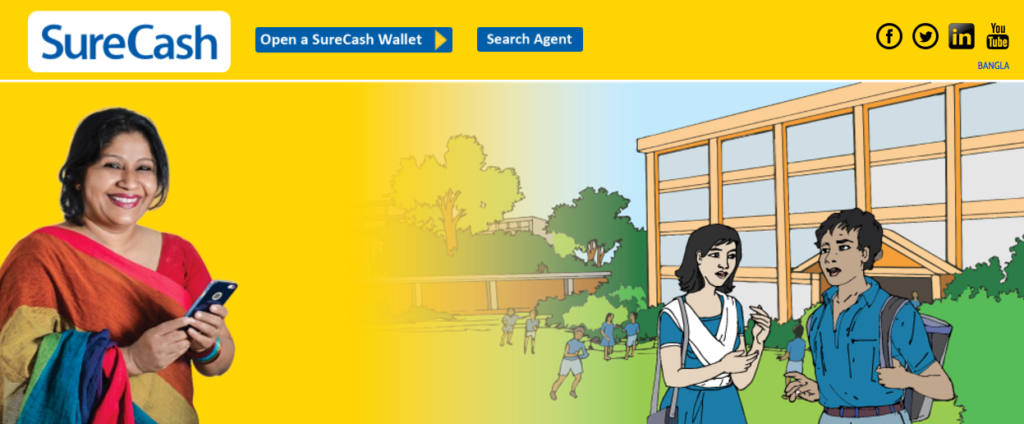
Between 2014 and 2015, money transfers grew by 53%. As of September 2016, more than 30 million people had a mobile banking account. According to the Bangladesh Bank (BB), the country’s central bank, the number of mobile accounts is expected to grow rapidly.
“In the last couple of years, we have observed that people at the bottom of the pyramid are also massively taking part in economic activities and that volume is increasing significantly every day,” said BB’s executive director Subhankar Saha.
“This contribution directly impacted the transactions in mobile banking.
“There are about 30.19 million mobile banking accounts. This figure will increase […] the total volume of transactions will also rise.”
Early days
But fintech remains in its early days in Bangladesh, and besides mobile finance, only a few segments have been explored.
Notable startups include SmartKompare, a financial comparison platform for loans, insurance products, credit cards, and more, Projekt.co, a crowdfunding platform, and CloudWell, a payments startup.
Launched in November 2012, CloudWell provides point-of-sale, debit card and payment gateway services under the PayWell brand. The company serves clients across various sectors such as telecommunication, financial services, e-commerce, etc, and has a network of more than 5,000 retail shops.
Featured image via Pixabay.



